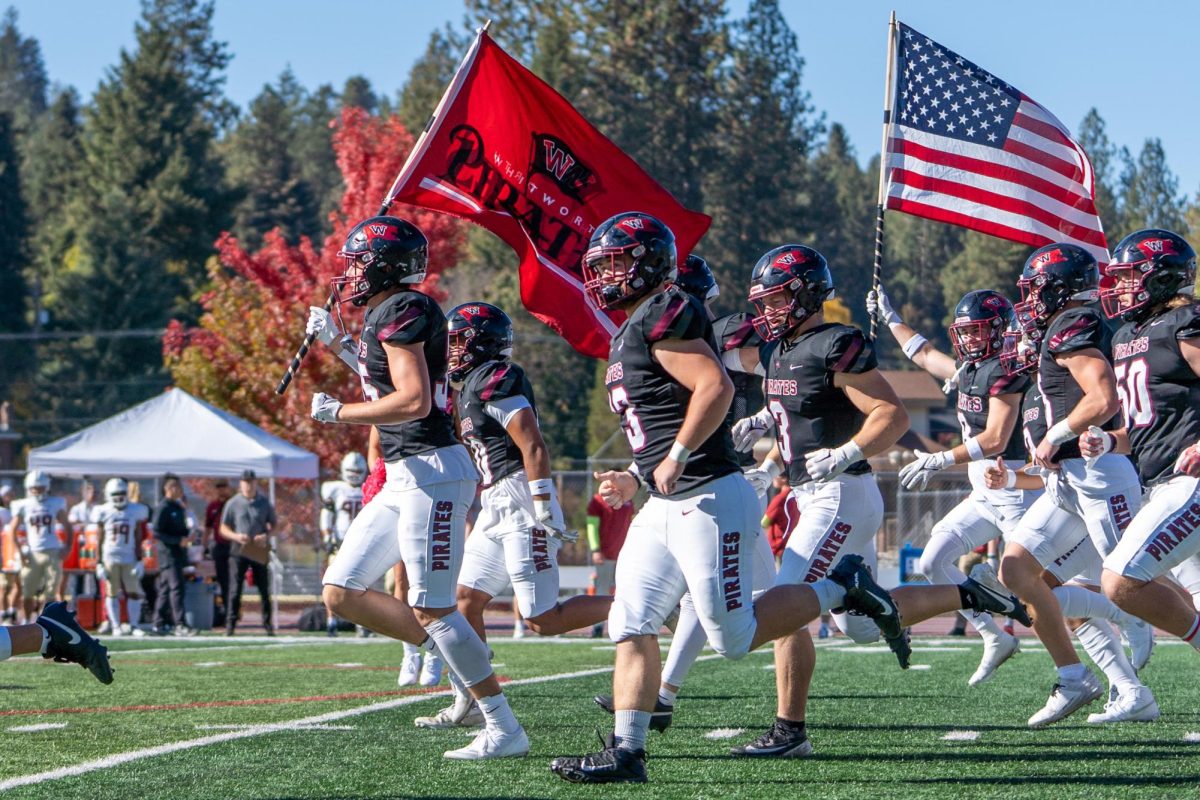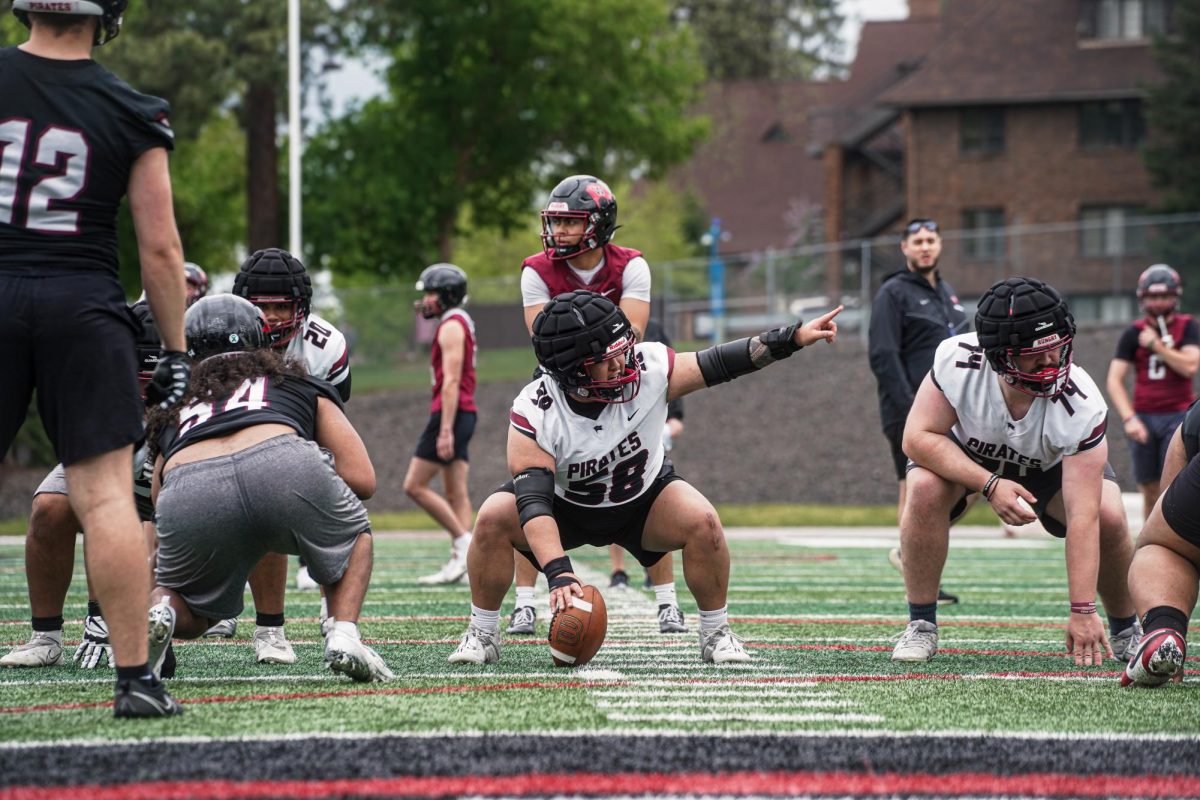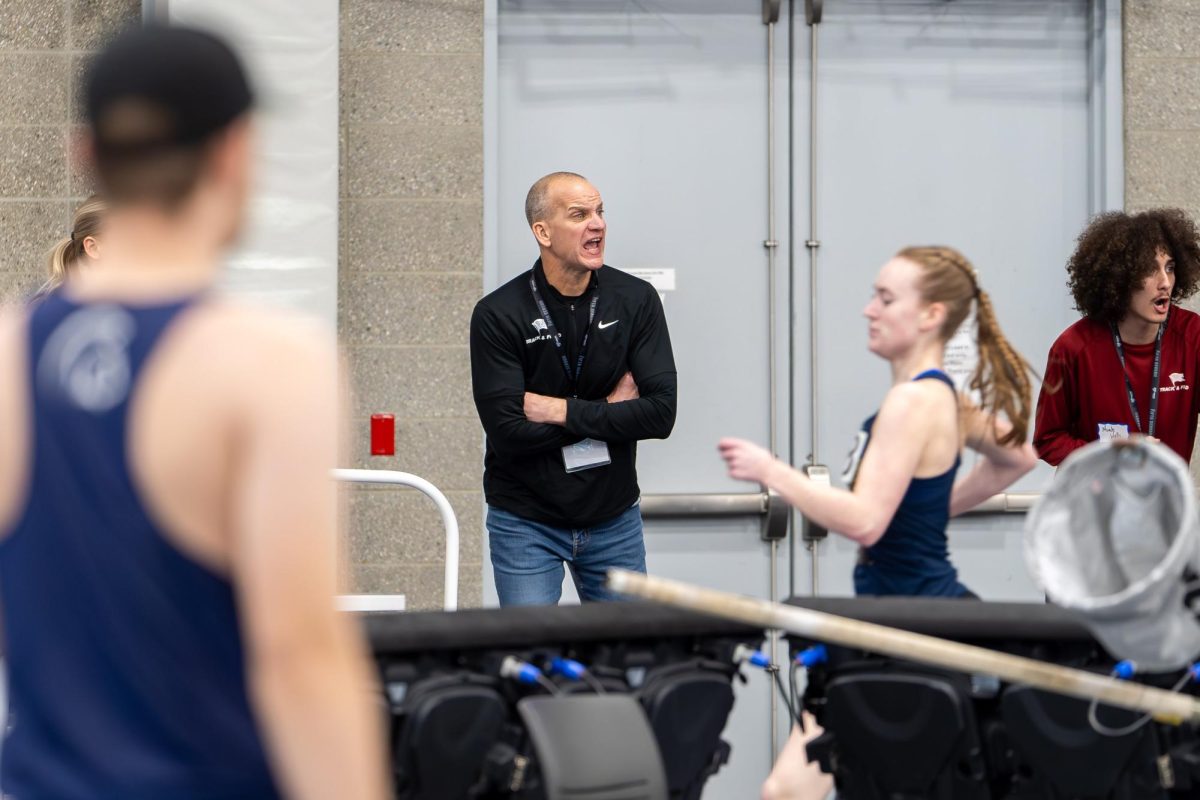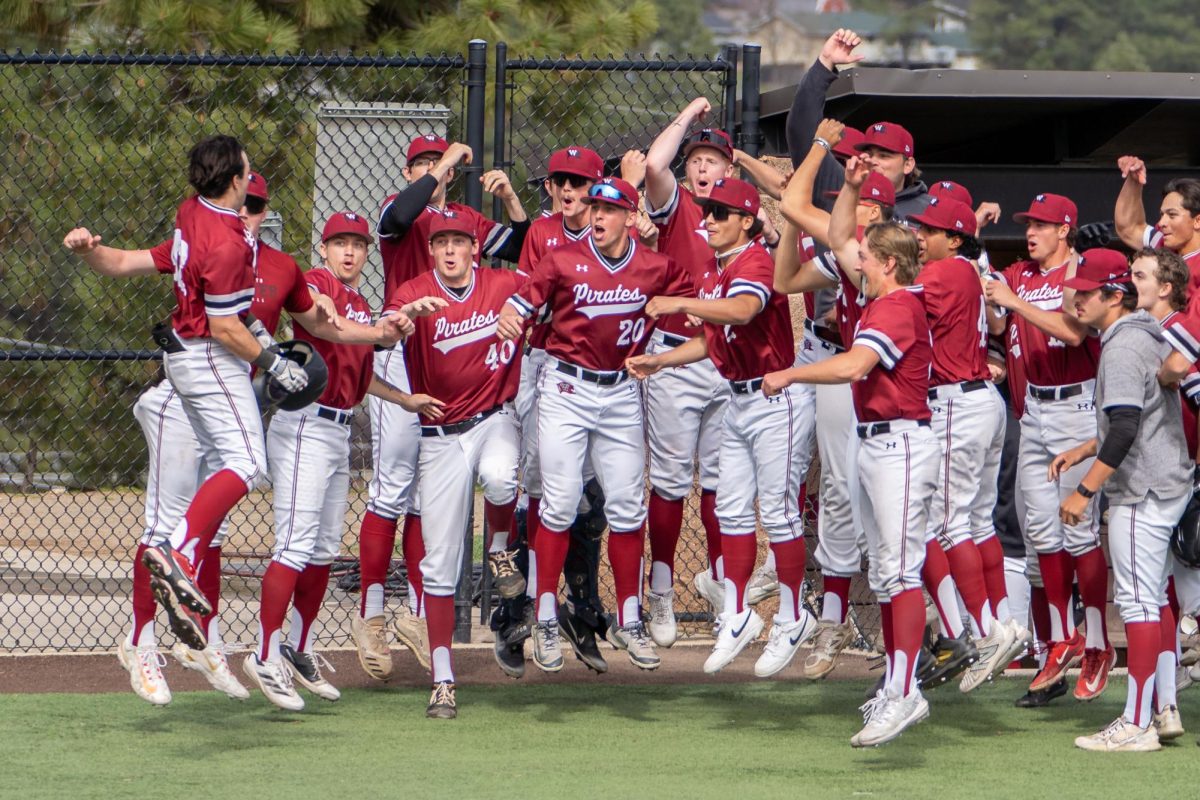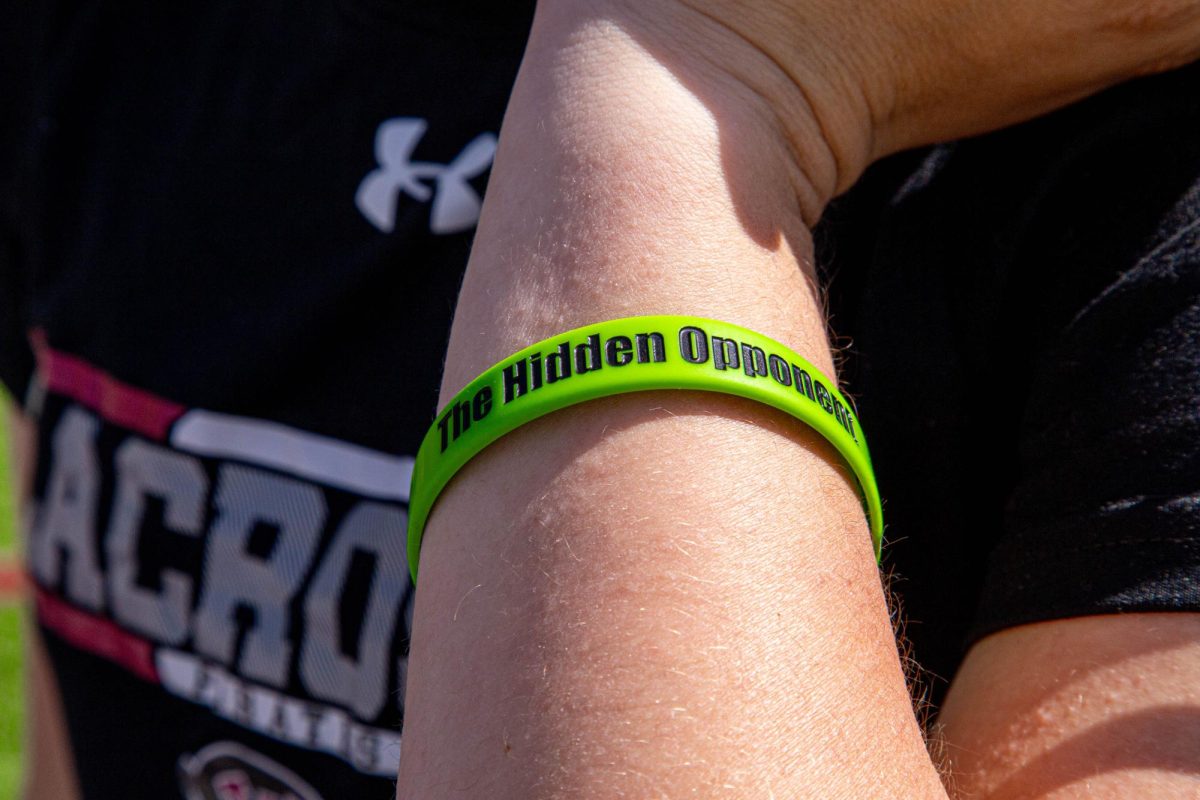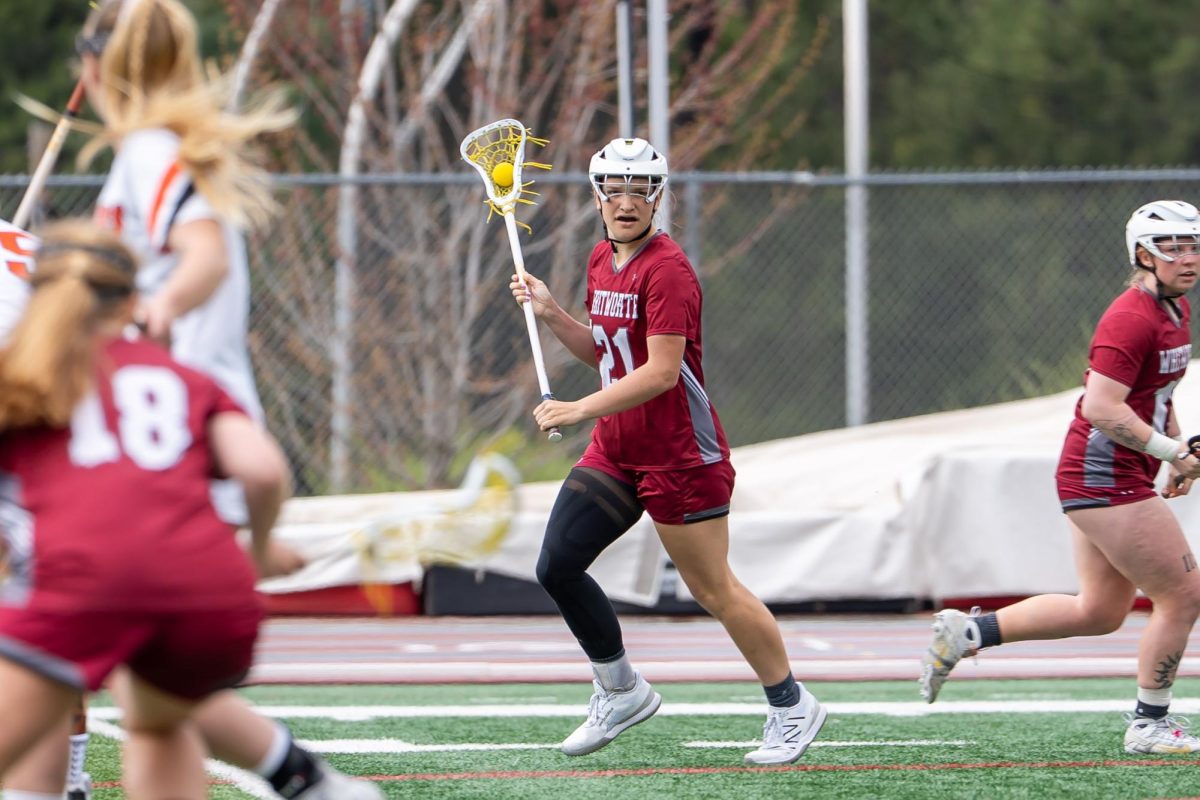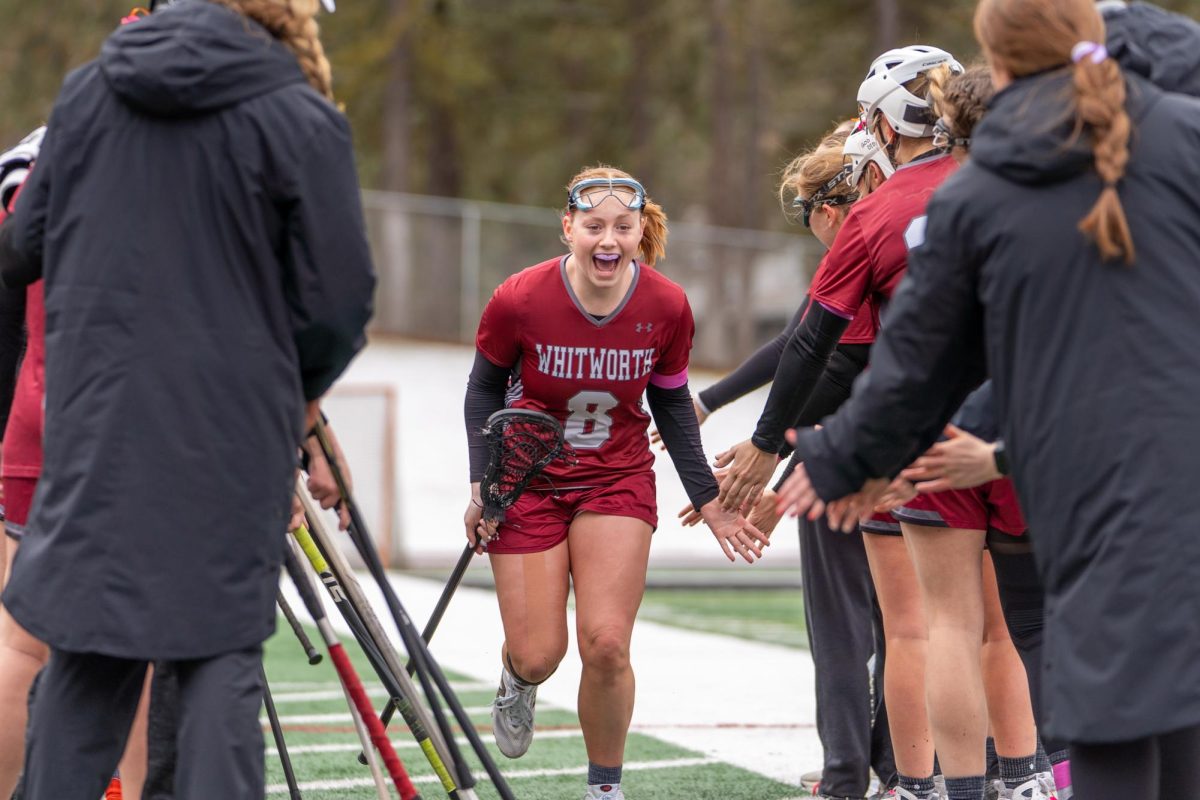Many student-athletes are forced to work a busy lifestyle, maintaining a balance between schoolwork, sports and social life, as well as looking after their physical and mental well-being. This can be challenging for athletes and can even become more complicated when traveling is added to the list.
Whitworth is a Division III school and competes within the Northwest Conference (NWC), which means that students often travel abroad to schools like Pacific Lutheran University, Willamette, and Puget Sound. Means of transportation for athletes can vary from vans and charter buses to flying. However, the type of transportation provided to the students has an impact on their performance in-game.
Marcus Viramontes, a football player for Whitworth, discusses the impact of jetlag and how his circadian rhythm is affected when flying. Traveling across the country sometimes reduces the number of hours of sleep the players receive, which often accumulates throughout the entire weekend because of the busy travel schedule associated with traveling.
“We usually get there Friday afternoon, after a long day of traveling… And then it’s really just we’re there, and we’re back. We leave Sunday mornings usually really early,” says Viramontes.
Another aspect of traveling that impacts an athlete’s performance involves the warmup before games and the post-game recovery. Warm-ups before games often help to reduce the chances of injury in-game and stimulate the muscles to perform at their best. Post-game recovery is also important for recovery to avoid complications and injuries such as muscle-cramps and lactic acid buildup.

Many coaches take this into consideration when traveling to ensure athletes are avoiding injury and practicing good recovery. Riley Fischer, a soccer player for the Whitworth women’s soccer team, comments on this, “We’ll do team walks to get the lactic acid out and stuff from just a long time sitting in the same position.” Fischer also emphasized the importance of getting enough sleep throughout the trip to ensure good performance.
“It [traveling] can have an impact if you don’t do it right,” says Fischer. The teams are equipped with strategies to combat the toll of traveling on their physical performance.
Arriving early to their meets to warm up and stretch is another strategy used by Whitworth’s track team. Cristian Martinez doesn’t feel much of an impact on his performance when traveling, but perhaps much of that is owed to the approach of the Whitworth track coaches.
Post-game recovery, as described by Jake Trost, a Whitworth football player, is often neglected because of the fast-pacedness of the traveling weekend. “We usually have to sit in a bus for like five, six hours right after the game. No stretching, no nothing,” says Trost. This often results in tight muscles and cramping, which requires the players to “pound electrolytes.”
Nutrition is another important component to consider when traveling because athletes need to be fueled for optimal athletic performance. Viramontes and Trost do not feel as though their nutrition is neglected while they are traveling for football. Foods high in carbohydrates are usually provided for them, and they mention that they are typically catered by Olive Garden.
Viramontes even relates nutrition to recovery and claims that some of his teammates drink pickle juice to reduce cramping. The salt content of the pickle juice resupplies electrolytes to the athletes and alleviates dehydration and muscle soreness.
Fischer feels the same way, describing how the soccer team stays fueled she says, “We’ll either get catered food or like home cooked meals for at least one dinner… But usually, it’s getting Panera, Jersey Mike’s, or Chipotle.”
Overall, athletes did not report that traveling caused dramatic impacts on performance. However, much of that can be attributed to the implemented strategies by athletic staff to combat the side effects caused by traveling. Nutrition is a well-managed area for athletes, but the factor that tends to limit athletic performance the most is caused by jet lag and sitting for extended periods of time.
Traveling can add to the busy schedule already required of athletes. Despite all this, Whitworth athletes tend to report much success in managing these obstacles.

